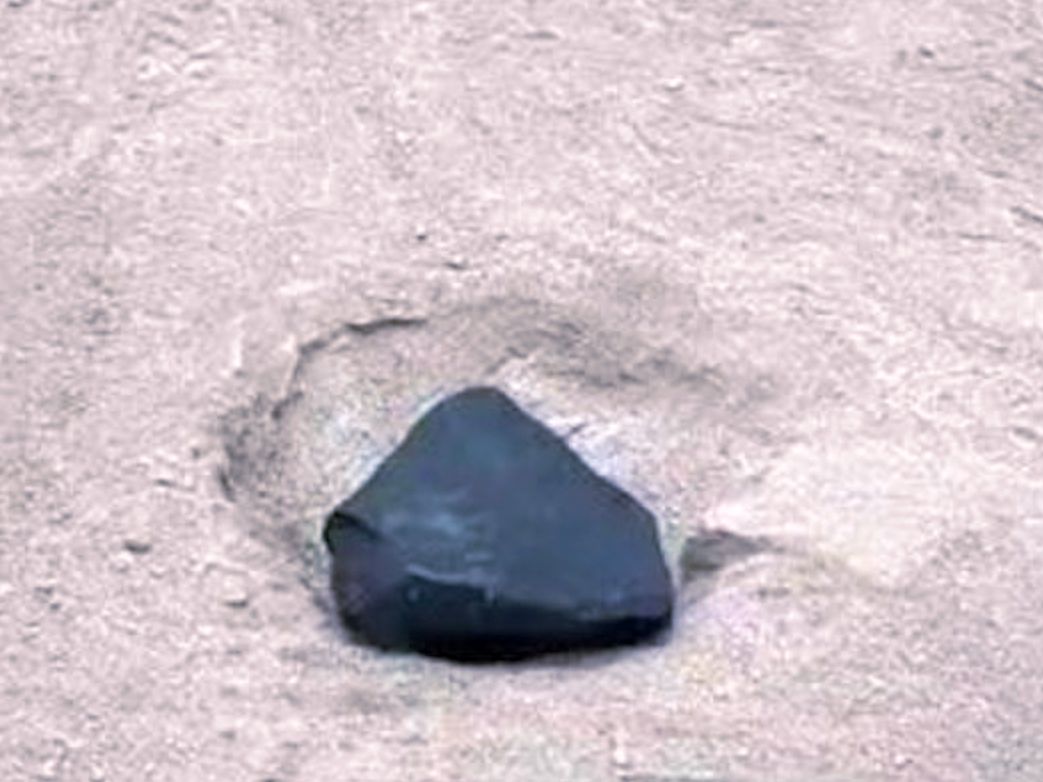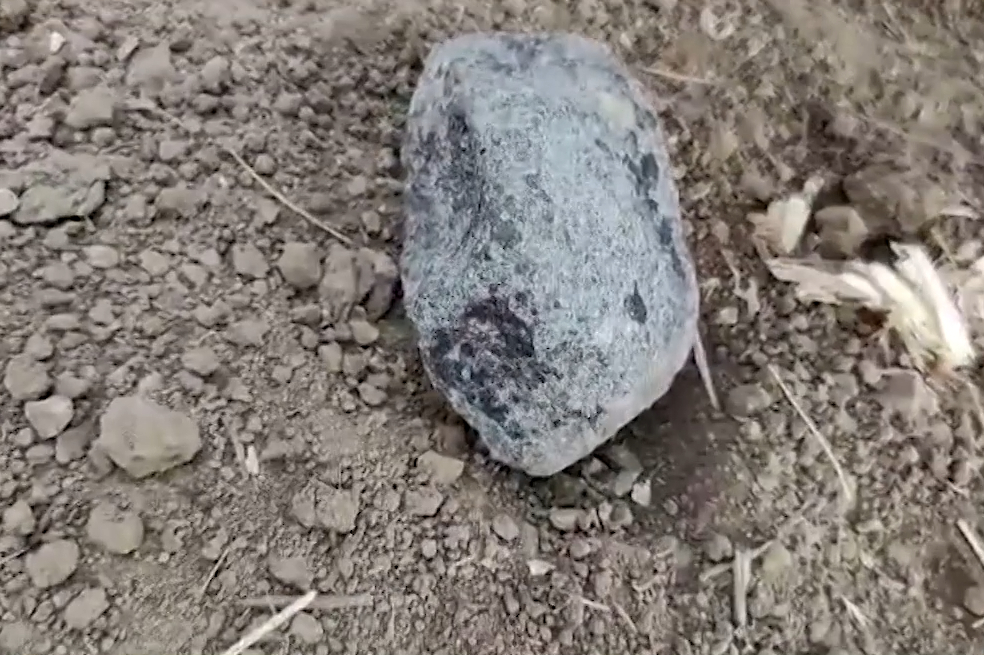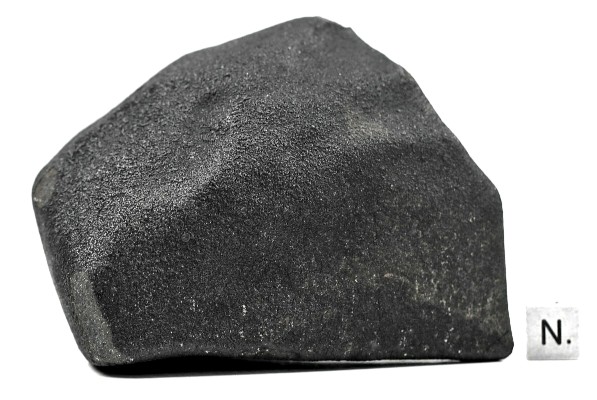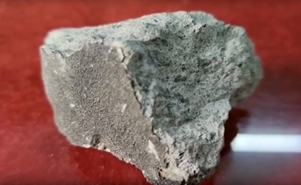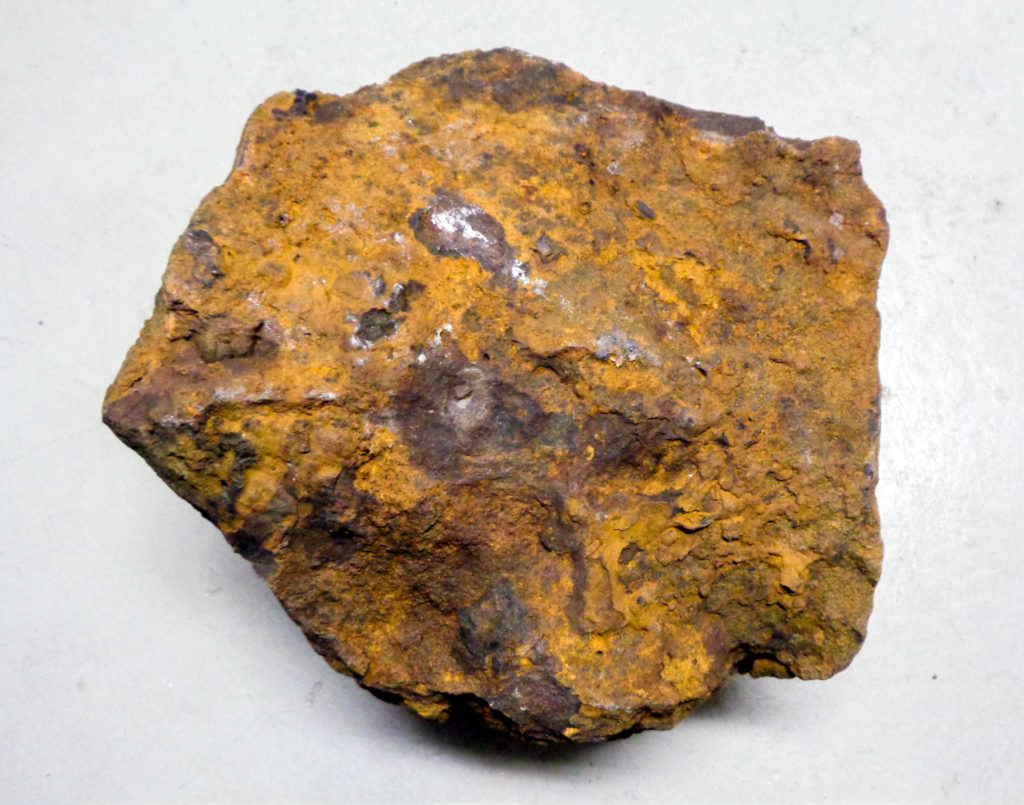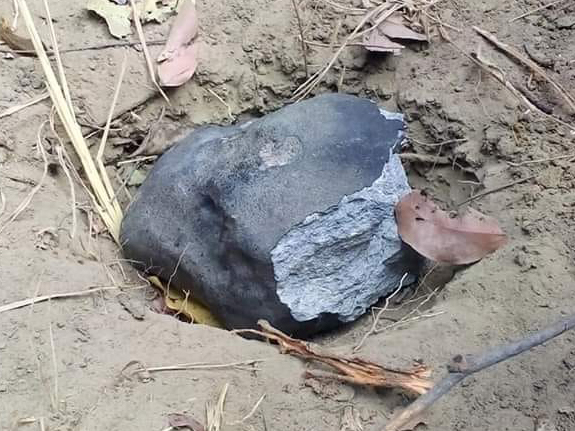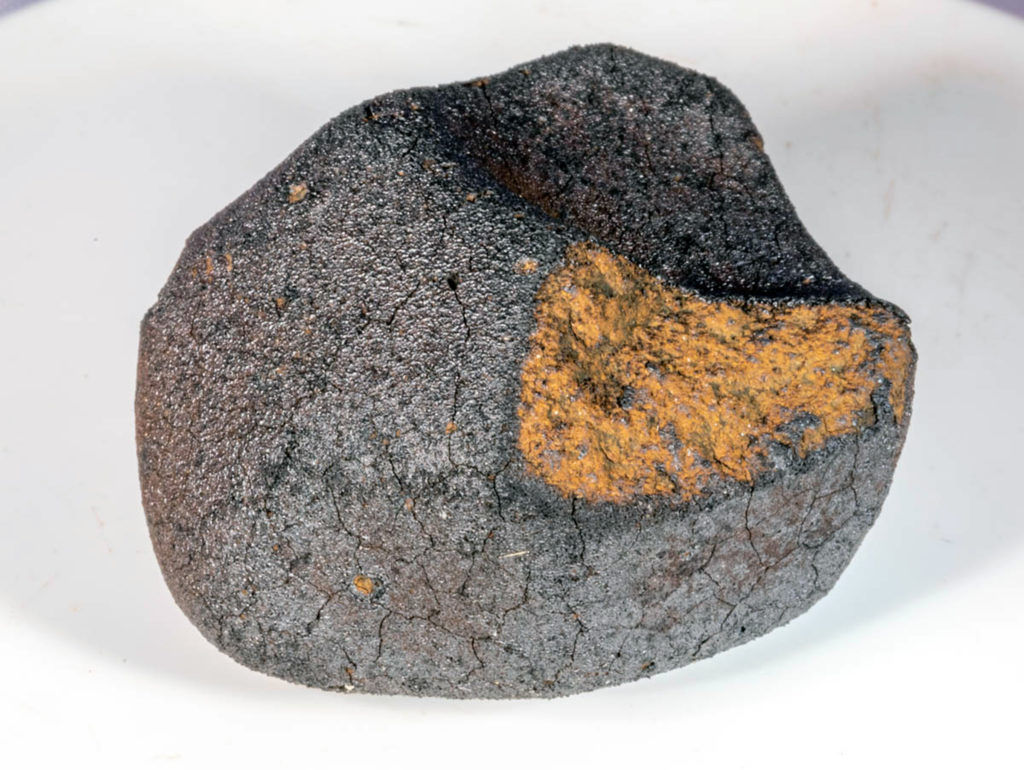A study of presolar material in hydrated lithic clasts from metal-rich carbonaceous chondrites
Leitner, J., Hoppe, P. and Zipfel, J.
Meteoritics & Planetary Science. doi: 10.1111/maps.12994
“We report on the investigation of presolar grain inventories of hydrated lithic clasts in three metal-rich carbonaceous chondrites from the CR clan, Acfer 182 (CH3), Isheyevo (CH3/CBb3), and Lewis Cliff (LEW) 85332 (C3-un), as well as the carbon- and nitrogen-isotopic compositions of the fine-grained clast material. Eleven presolar silicate grains as well as nine presolar silicon carbide (SiC) grains were identified in the clasts. Presolar silicate abundances range from 4 to 22 parts per million (ppm), significantly lower than in pristine meteorites and interplanetary dust particles (IDP), and comparable to recent findings for CM2s and CR2 interchondrule matrix. SiC concentrations lie between 9 and 23 ppm, and are comparable to the values for CI, CM, and CR chondrites. The results of our investigation suggest similar alteration pathways for the clast material, the interchondrule matrix of the CR2 chondrites, and the fine-grained fraction of CM2 chondrites. Fine-grained matter of all three meteorites contains moderate to high 15N-enrichments (~50‰ ≤ δ15N ≤ ~1600‰) compared to the terrestrial value, indicating the presence of primitive organic material. We observed no correlation between 15N-enrichments and presolar dust concentrations in the clasts. This is in contrast to the findings from a suite of primitive IDPs, which display in several cases enhanced bulk 15N/14N ratios and high presolar grain abundances of several hundred or even thousand ppm. The bulk 15N/14N ratios of the clasts are comparable to the range for primitive IDPs, suggesting a nitrogen carrier less susceptible to destruction by aqueous alteration than silicate stardust.”

